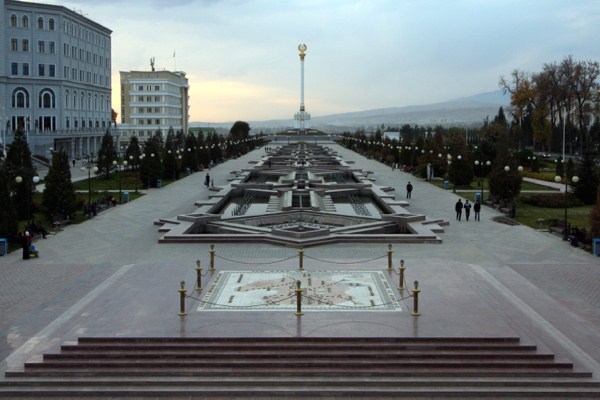Earlier this month, Tajik opposition leader Umarali Kuvvatov was shot dead in Istanbul. In an email interview, Lawrence Markowitz, an assistant professor at Rowan University, discussed the state of the opposition in Tajikistan.
WPR: What is the current state of the Tajik opposition, both within Tajikistan and in exile?
Lawrence Markowitz: Tajikistan’s political opposition has been significantly marginalized over the past 15 years. When the country’s civil war ended in 1997, a power-sharing agreement was struck that provided opposition groups 30 percent of the top positions in the central leadership and guaranteed competitive elections for seats in Majlisi Namoyandagon, Tajikistan’s lower chamber of Parliament, and the presidency. President Emomalii Rahmon has gradually violated that agreement, removing opposition leaders from top ministerial posts and constricting their access to seats in Parliament. With the parliamentary election in February, for instance, the main opposition group, the Islamic Renaissance Party of Tajikistan (IRPT), saw its portion of the lower chamber of parliament’s 63 seats drop from two to zero.

